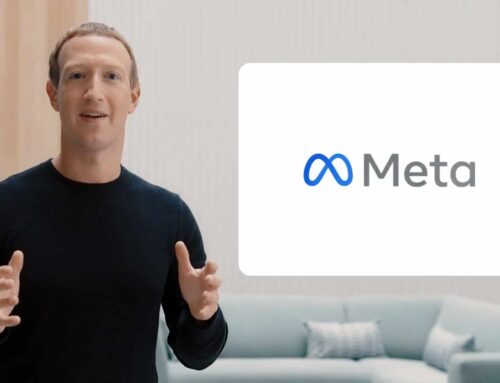Why An Inspiring Mission Beats Pay When Recruiting Tech Talent
July 8, 2025
Sam Altman fired back at the departure of four OpenAI researchers by emphasizing that purpose, culture, and mission will win in the long run over compensation. These four researchers left OpenAI for Meta, some with reported compensation packages up to $300 million over four years. In the long run, talent wars are not won at the bank, but in the hearts and dreams of the people who choose to stay.
Meta’s recent investment of $14.5 billion for 49% percent in Scale AI shows the company is racing to do whatever it takes to build AI super intelligence. Scale AI Chief Executive Alexandr Wang will become a member of a newly established AI research laboratory at Meta, with the aim of advancing “super intelligence.” One of the near-term objectives is to use AI to offer fully automated advertising campaigns. Since advertising was 95% of Meta’s total income in 2024, Meta will be motivated to poach whatever talent it needs to meet its near term and long-term AI goals.
Tech talent compensation packages soaring
Initially, Meta’s compensation packages to AI researchers seemed to be on a par with NFL sports, but in fact, they have exceeded them. As a New York Giants fan, I enjoy tracking the 2025 draft. For example, the number 3 draft pick, Abdul Carter, recently signed a four-year contract valued at $84.7 million, far shy of the reported Meta compensation package.
As an HR consultant to both Fortune 500 firms and start-ups over the past 25 years my question is this; will pay win out over purpose and for how long?
Sam Altman made a compelling business case to stay and Open AI’s chief research officer, Mark Chen, made the visceral argument that “it feels like someone broke into my house and stole something from me,” But how will OpenAI restructure compensation, rewards, recognition and commitment to learning and development to create an enduring reason to stay at OpenAI?
Four suggestions for retaining talent
Companies recruiting in a talent war like the one we are witnessing, should be looking for a sustainable path forward. They should consider the following:
Stress the mission and purpose continuously with new hires and current employees
Employees are looking for purpose and meaning in work especially since they spend on average of 90,000 hours working over their lifetime and this can reach up to 150,000 hours for those in the tech space. Monster’s research found 74% of Gen Z workers prioritize purpose over a paycheck. Companies frequently fail to communicate their purpose and mission often enough and this is vital for retaining talent.
Offer routine wellness breaks
Wellness breaks are crucial for maintaining productivity, reducing stress, and improving overall well-being at work. OpenAI does have a paid sabbatical program, but it is after five years of service. Is this even a benefit when the average turnover at OpenAI is less than one year? The key is to build a culture of wellness rather than offer sporadic wellness breaks during the year.
Support autonomy for employees
Building a culture of trust and autonomy will drive talent retention. Autonomy in the workplace allows employees the freedom to work in a way that suits them while delivering on their objectives. No one wants to work for a micromanager. Workplace autonomy needs to be cultivated through culture and norms and ultimately can improve job satisfaction, engagement, and retention by encouraging empowered decision making.
Make continuous learning and recognition part of the company culture
Gallup and Workhuman research show that effective employee recognition, which is genuine, fair, and tailored to individual employees, improves motivation and job retention. Beyond recognition, companies need to craft a compensation package to give employees meaningful ownership, a work environment that vales their time and invest in their on-going development. The current OpenAI stipend for employee learning and development is $1,500 per year. This is inadequate given the unprecedented pace and scope of change in AI. Consider creating the Altman award for breakthroughs in AI research.
Remember the movie, The Shawshank Redemption?
OpenAI needs to prove Morgan Freeman’s character Red wrong when he says, “Some birds aren’t meant to be caged. Their feathers are just too bright.” The companies that will shape the future of AI are those that give their teams a reason to stay and see their ambitions and dreams come to life.
Search
RECENT PRESS RELEASES
Related Post




